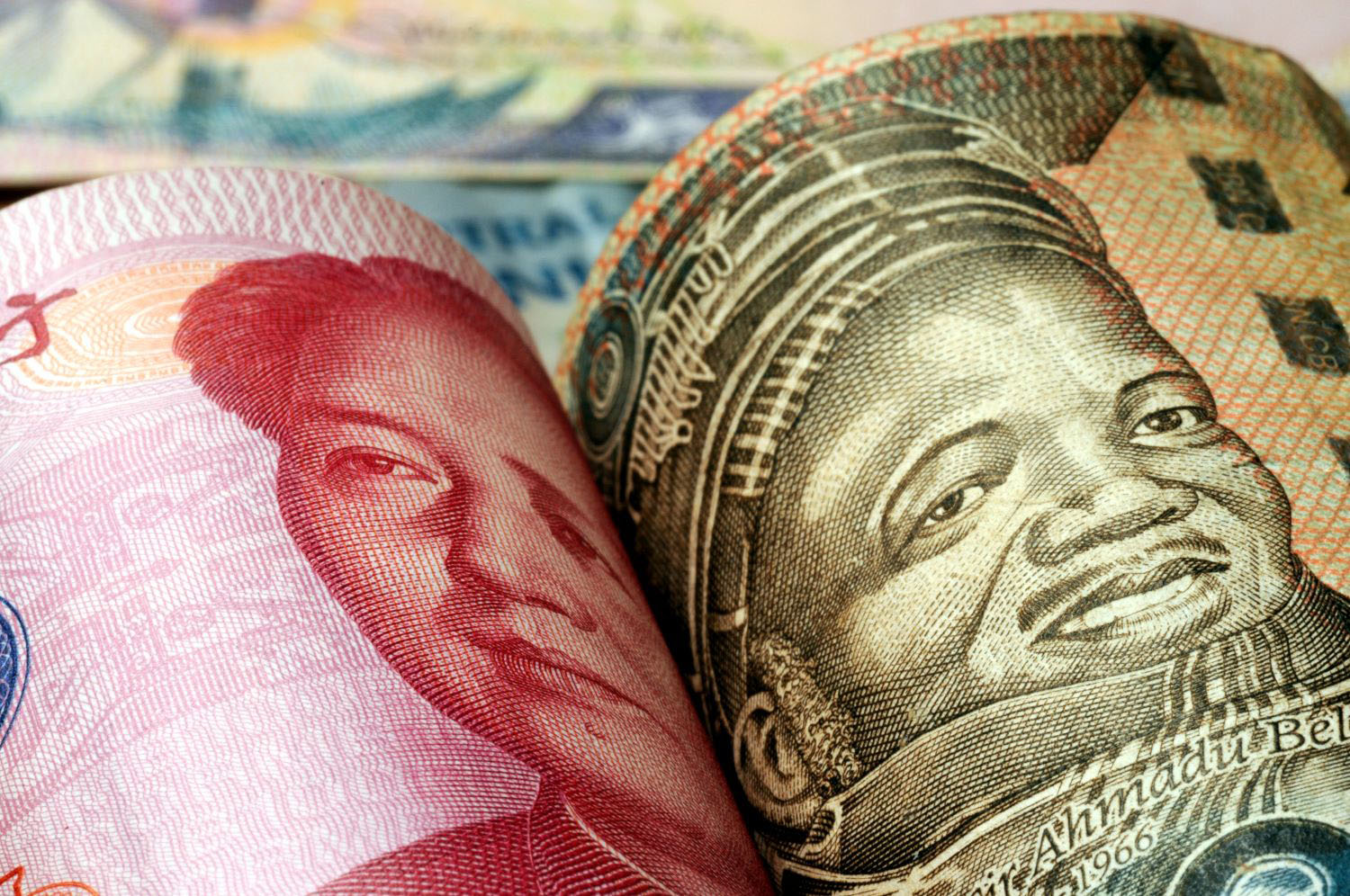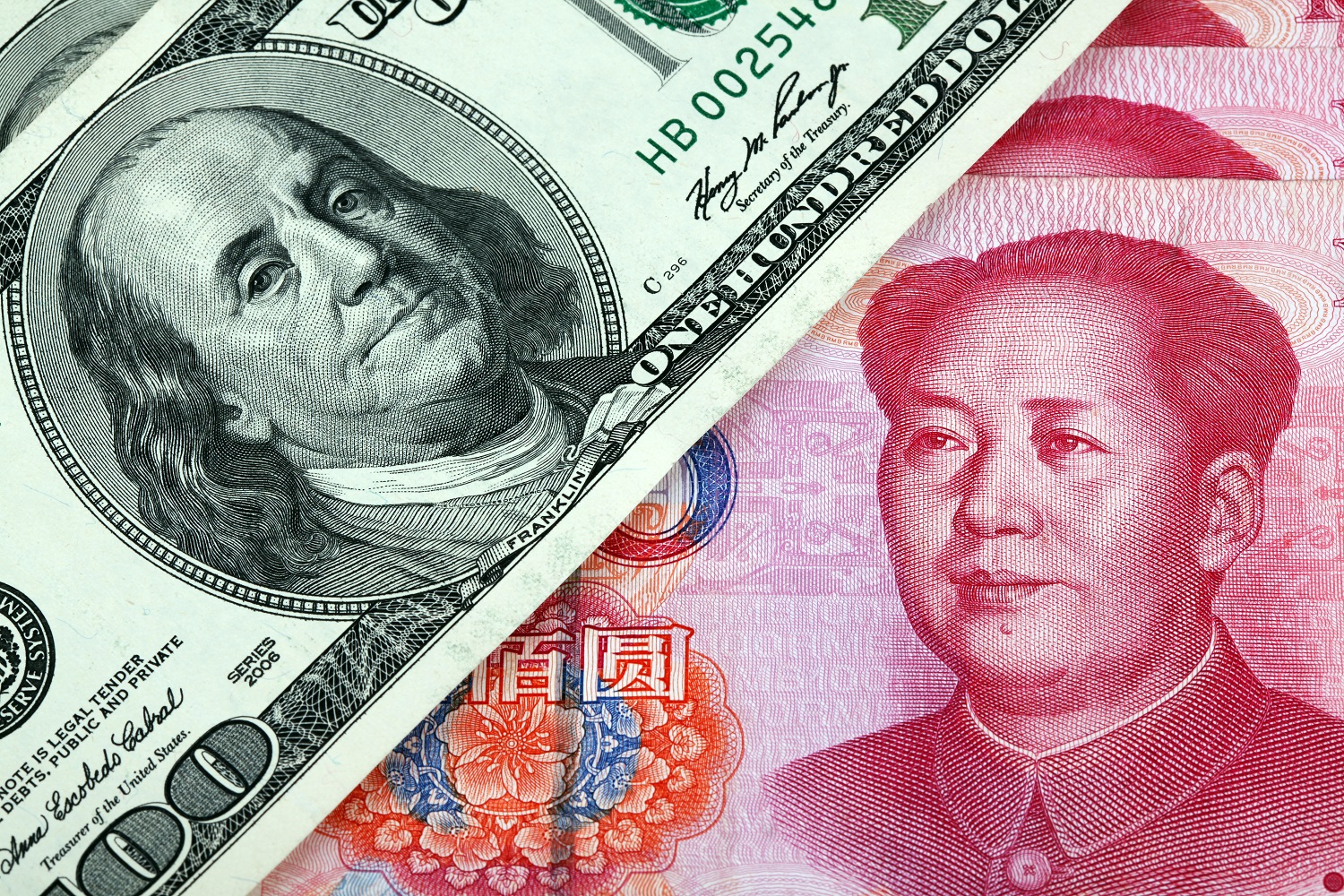The G-20 is not ordinarily considered a major player in the drive against corruption in international business transactions, but that may be changing.The Toronto Summit in June 2010 established a working group “to make comprehensive recommendations on how the G-20 can take practical steps to combat corruption.” During the Seoul Summit in November, a coalition of emerging market members of the working group (including Brazil, Argentina, South Africa, and Mexico) quietly joined with the United States to urge China to adopt an anti–foreign bribery law.
That effort has borne fruit!Last month, China’s National People’s Congress passed a slate of 49 amendments to the Criminal Law, including a
provision (link requires subscription) that criminalizes paying bribes to foreign officials and to officials of international public organizations. The amendment, which will take effect on May 1, states, “Whoever, for the purpose of seeking illegitimate commercial benefit, gives property to any foreign public official or official of an international public organization shall be punished in accordance with the provisions of the criminal code.”Big questions remain, however, over whether and how China will be able to enforce the new law, as the amendment does not contain any affirmative defenses or exceptions to, or exemptions from, criminal prosecution. Naturally, the ultimate effectiveness of the amendment to prevent overseas bribery will depend on interpretation and implementation, but this is a big step in the right direction!I’m eager to watch and see if and how anticorruption takes on a larger role during future G-20 deliberations.
CGD blog posts reflect the views of the authors, drawing on prior research and experience in their areas of expertise.
CGD is a nonpartisan, independent organization and does not take institutional positions.





